OECD Report 2024: Key Global Trends in VAT, GST, and E-Invoicing

The purpose and aim of the Organisation for Economic Co-operation and Development (OECD), an intergovernmental organization, are to enable economic progress and positively impact world trade. To achieve this, the OECD, in cooperation with national governments and other organizations, defines policies and creates global standards.
Taxation is one of the OECD's many topics of interest, and one of its main tasks is providing tax data, analysis, and policy advice. Following this path, the OECD issued a Consumption Tax Trends 2024 report that provides insights into VAT, GST, and excise duty trends among the OECD Member States.
Main Consumption Tax Trends
VAT is the most widespread type of consumption tax, implemented in 175 countries worldwide. One of the first noticeable trends is that the average standard VAT rate among the OECD countries increased to 19.3% in 2024, slightly increasing from 19.1% in 2023 and 19.2% in 2022.
Turkey, Estonia, and Switzerland increased their standard VAT rates. Turkey raised its rate from 18% to 20% in 2023, whereas Estonia and Switzerland raised their rates from 20% to 22% and 7.7% to 8.1%, respectively, in 2024.
Germany and Ireland, two countries that temporarily reduced their standard VAT rates to address the economic crisis caused by the COVID-19 pandemic, have removed these reductions and returned to the pre-pandemic standard VAT rate.
Regarding the VAT rates, all OECD countries except Chile have applied reduced VAT rates to various goods and services.
OECD Member States with VAT regimes implemented VAT rules on online sales of services and digital products from non-resident e-commerce vendors and marketplaces following the OECD VAT standards and recommendations.
Invoicing and other reporting requirements are inevitable when discussing consumption taxes. The OECD stated that 17 of the 35 countries require systematic electronic transactional reporting to Tax Authorities, and 11 have a near real-time reporting system. E-invoices are now allowed in all OECD countries, but not all countries have mandatory e-invoicing rules.
Conclusion
Data provided by the OECD lay out some interesting consumption tax trends. Following the OECD report, it is clear that implementing mandatory e-invoicing rules is one of the growing trends.
Also, car taxation and direct subsidies on purchasing electric vehicles (EVs) are upcoming trends among OECD countries. Environmental considerations and fuel efficiency are among the parameters used to determine the levels of car taxation. It will be interesting to monitor the further development of global and national policies regarding consumption taxes.
Source: OECD Consumption Tax Trends 2024

Featured Insights

Burkina Faso FEC E-Invoicing Mandatory July 2026
🕝 February 24, 2026More News from World
Get real-time updates and developments from around the world, keeping you informed and prepared.
-e9lcpxl5nq.webp)




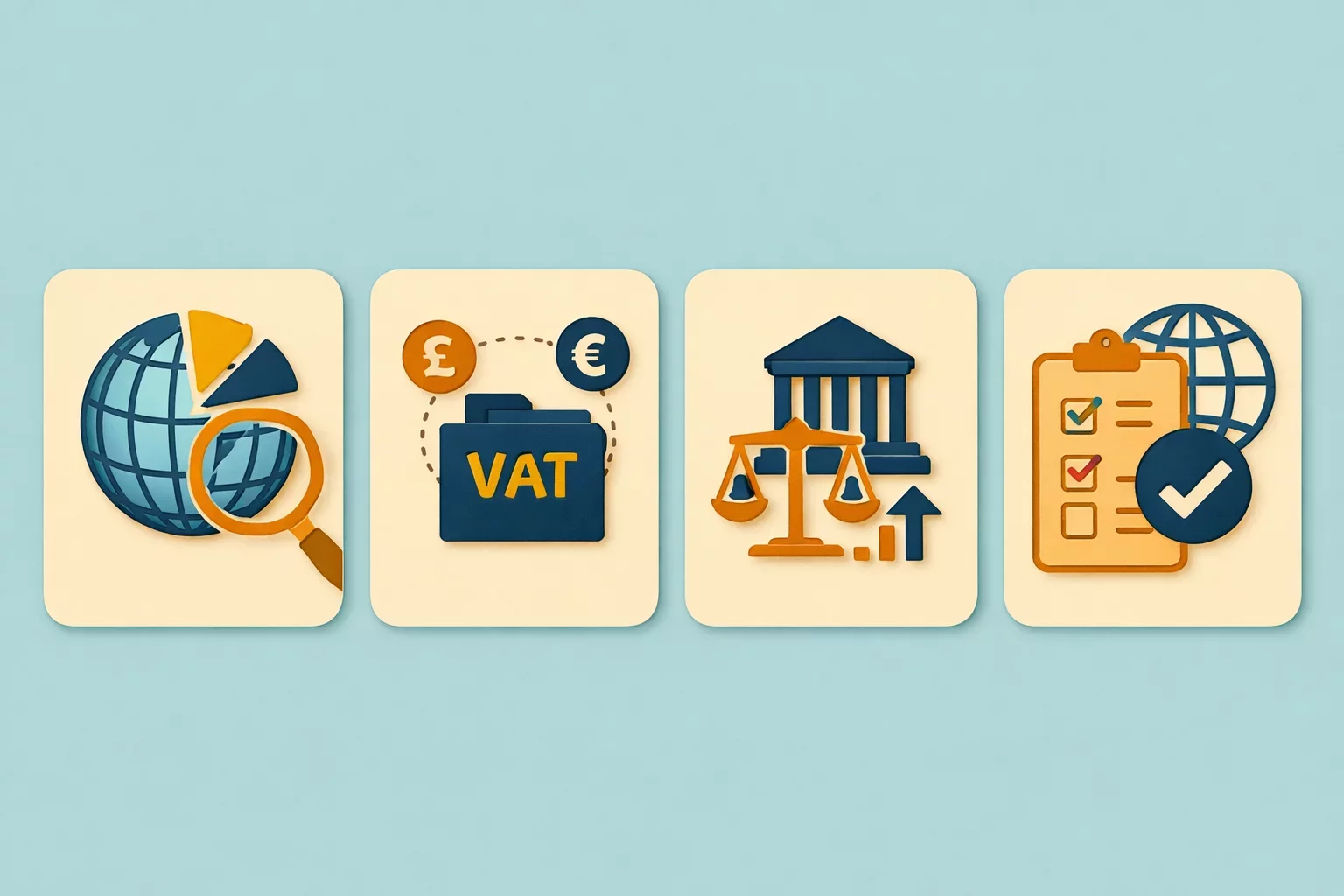


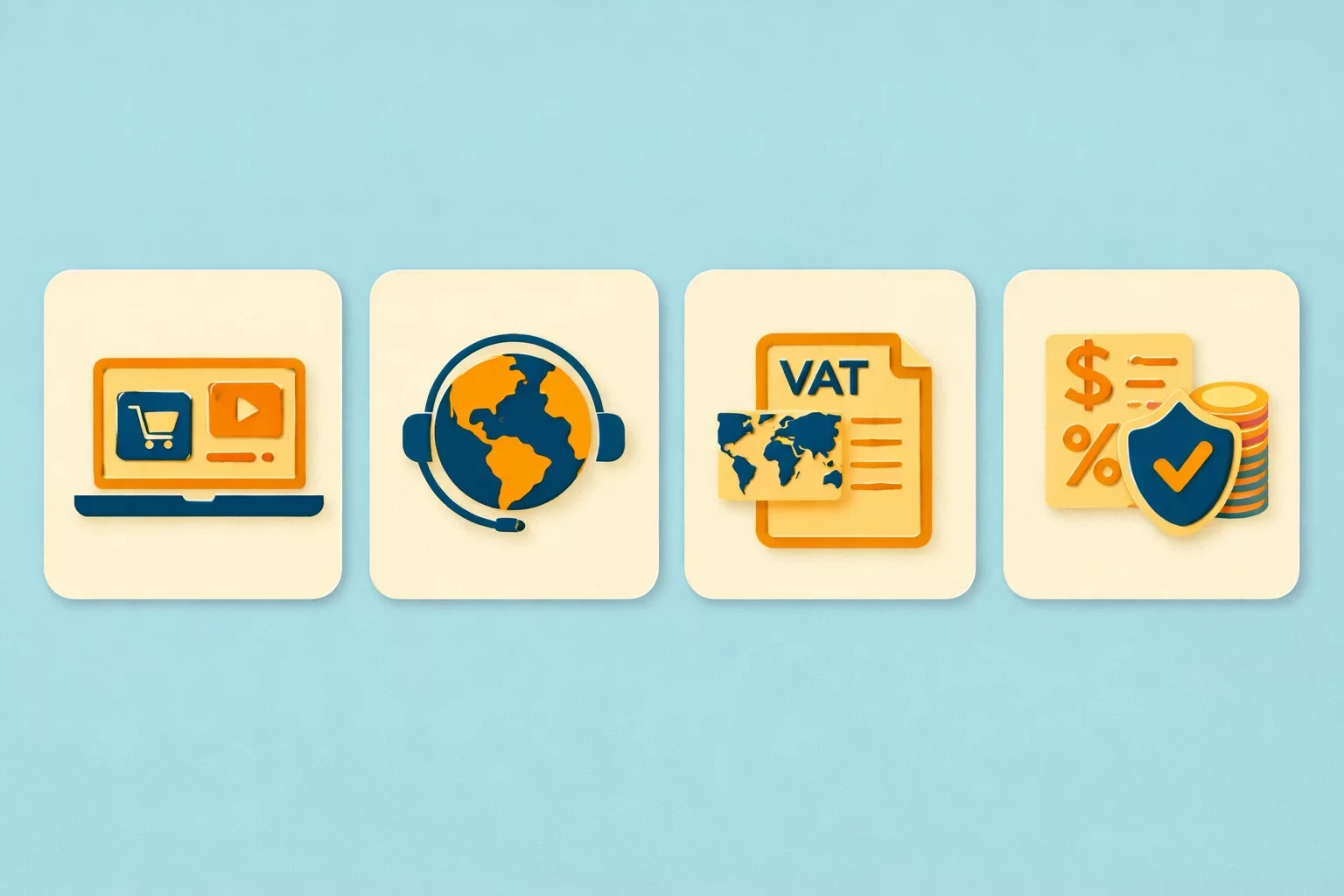


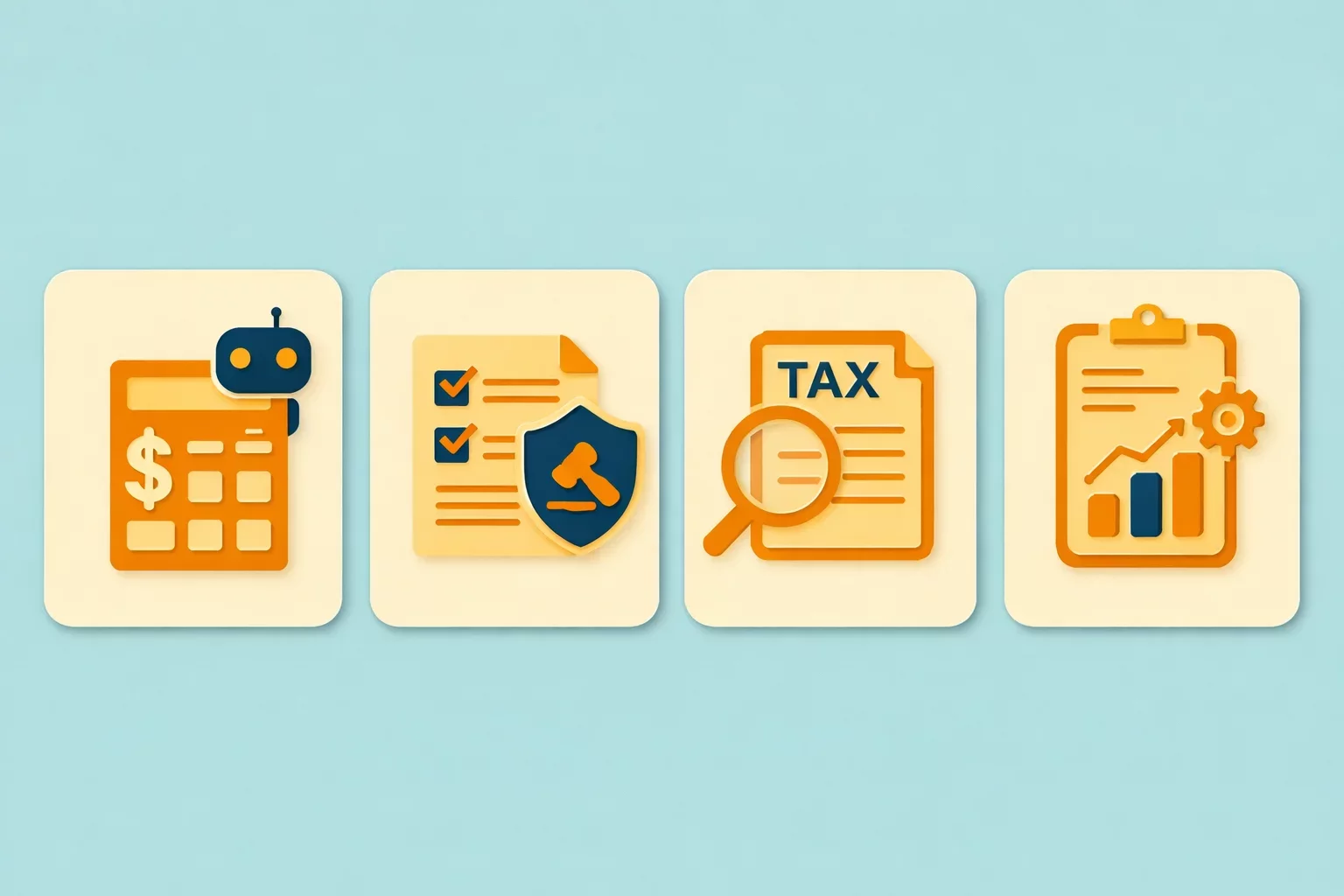








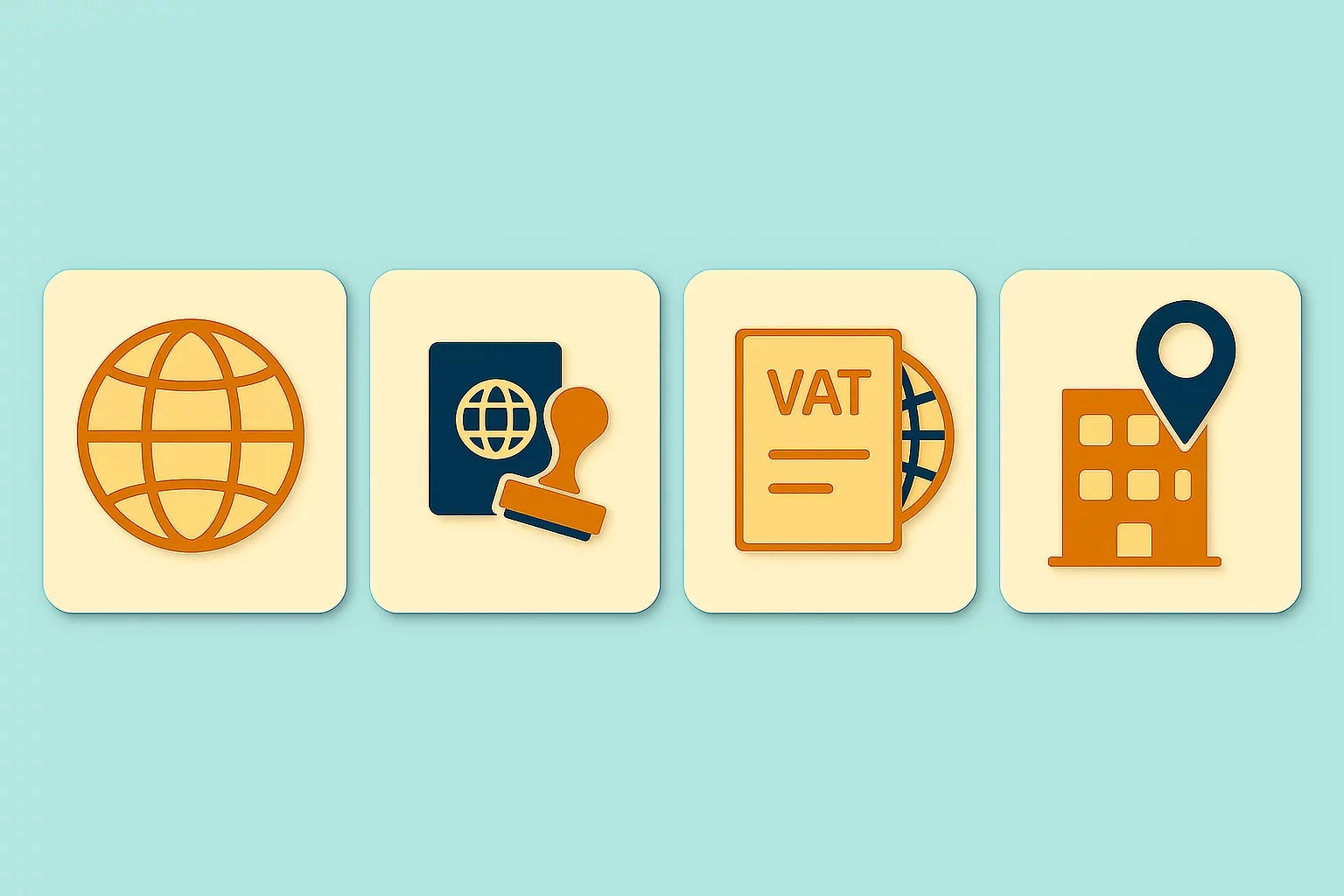

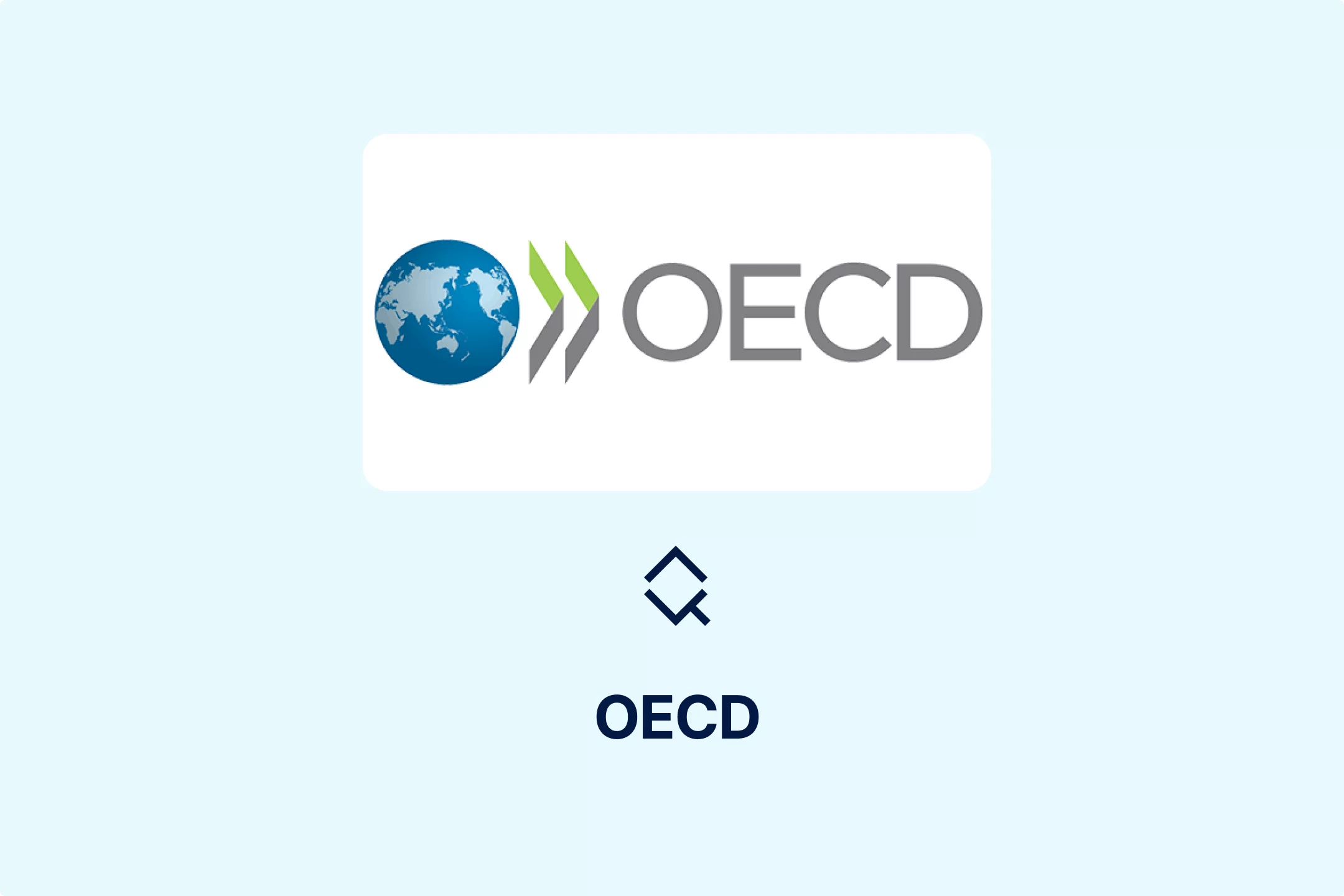











-7xdqdopxl6.webp)



-a9bz8kz2cs.webp)






























